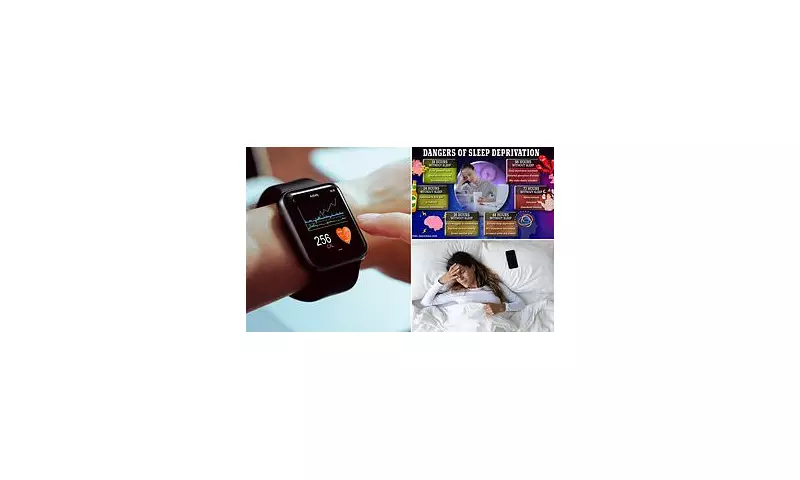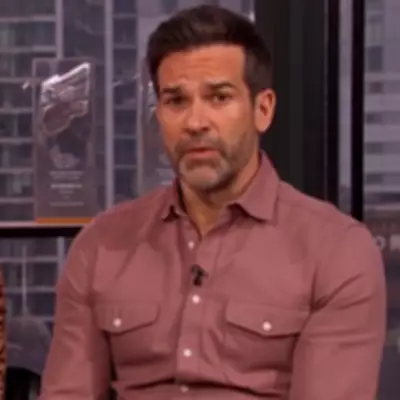
In a digital age obsessed with optimisation, the very devices promising a good night's rest may be pushing us into a state of chronic exhaustion. Sleep specialists across the UK are raising the alarm over a disturbing new trend: patients becoming so fixated on achieving 'perfect' sleep scores from their wearables that they are developing a new type of anxiety-induced insomnia.
This condition has been dubbed 'orthosomnia' – a term merging 'ortho' (meaning correct) and 'somnia' (sleep) – describing a dangerous obsession with perfect sleep data.
The Vicious Cycle of Sleep Tracking Anxiety
It begins innocently enough. You strap on a sleek fitness tracker to monitor your nightly rest, aiming for those coveted eight hours of deep, uninterrupted sleep. But soon, the morning ritual shifts from feeling refreshed to frantically checking your phone for validation.
"We see patients who are utterly exhausted," reports a leading sleep expert from a London clinic. "They present with clinical symptoms of sleep deprivation, yet their device claims they achieved a 90% sleep score. They are trapped in a cycle of anxiety, desperately trying to 'hack' their sleep to meet an algorithm's ideal, which only makes their rest worse."
Why Your Tracker Might Be Lying to You
The core of the issue lies in the technology itself. Most consumer wearables rely on movement (actigraphy) and heart rate variability to estimate sleep stages. They are not the medical-grade equipment used in sleep labs.
Factors they frequently get wrong include:
- Misreading stillness for sleep: Lying awake but motionless can be falsely registered as sleep.
- Inaccurate stage detection: The distinction between light, deep, and REM sleep is an educated guess, not a precise science.
- Creating unrealistic benchmarks: Algorithms often don't account for individual variations in sleep needs and patterns.
When this flawed data is presented as absolute truth, it can trigger significant health anxiety.
Breaking Free from the Data Trap
Experts advise that the key to healthier sleep may be to break up with your tracker—or at least change your relationship with it.
Their recommendations include:
- Listen to your body, not the device: How you feel upon waking is a more important metric than any score.
- Take a data holiday: Try leaving the tracker off for a week and focus on good sleep hygiene instead.
- Use it as a guide, not a gospel: Look for broad trends over time rather than obsessing over nightly scores.
The goal is to use technology as a helpful tool for insight, not as a definitive judge of your health. Reclaiming a peaceful night's sleep might be as simple as taking off the watch and trusting yourself again.





